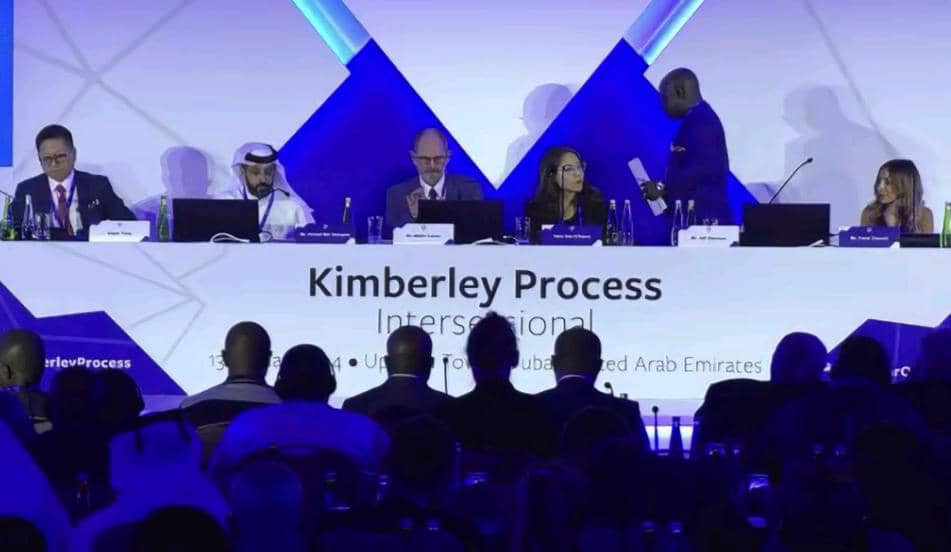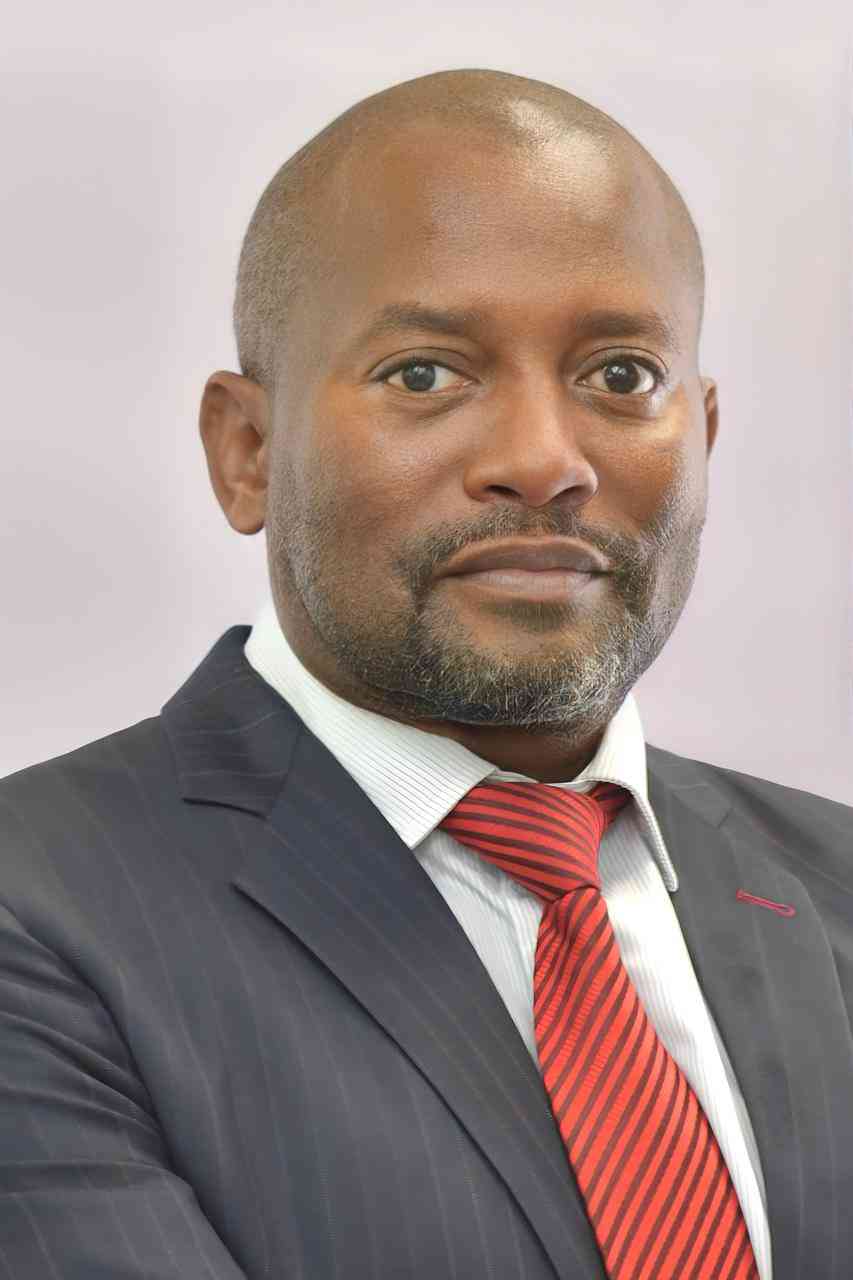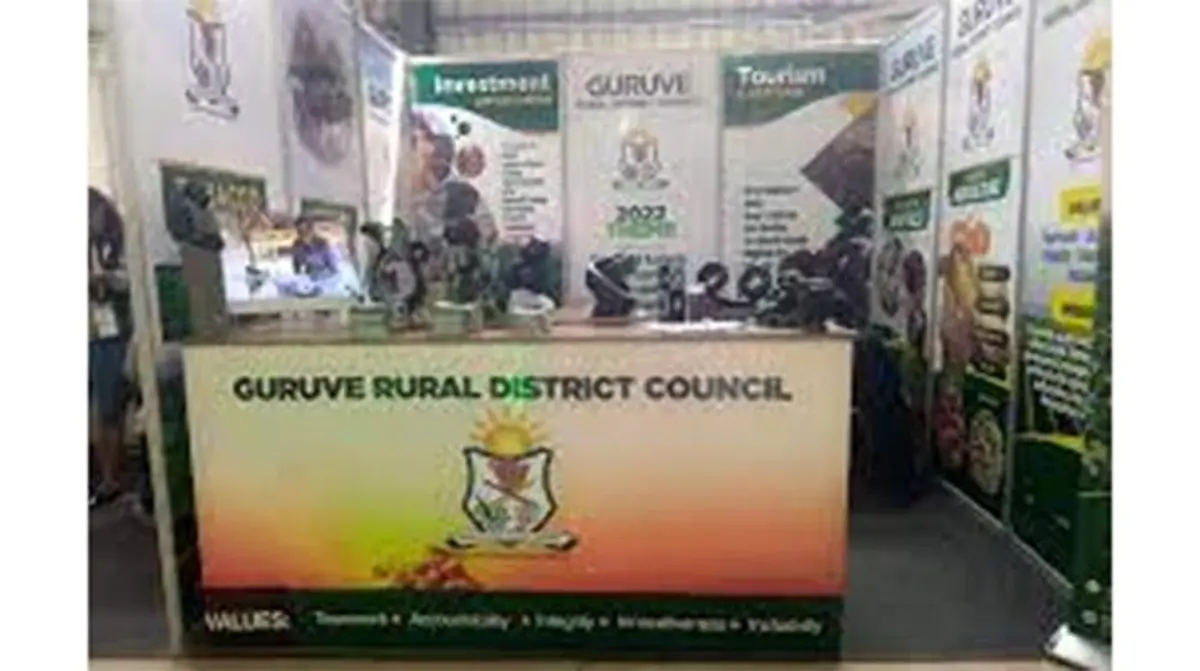
THE conviction of former Democratic Republic of Congo Vice-President Jean-Pierre Bemba Gombo at the International Criminal Court (ICC) in The Hague, Netherlands, has revolutionised the definition of war crimes, particularly rape, which the court ruled can be committed on male victims, analysts have said.
BY PAIDAMOYO MUZULU in The Hague, Netherlands
Bemba became the first individual to be convicted on sexual violence charges not because he was directly involved in the assaults, but because he had command over the perpetrators.
The observations were made at the Institute for Justice and Reconciliation (IJR)-organised panel discussion titled The Bemba Ruling and Beyond: Accountability for Sexual Violence at the ICC.
Dieneke de Vos, a PhD candidate at the European University Institute, said this was a significant judgment for two reasons, namely the basis of the charges and command responsibility.
“This was the first judgment in 14 years after a conviction on sexual violence. It became the first to classify rape of males as rape. All along it had been defined as other human acts of torture. Rape is now a gender-neutral crime,” de Vos said.
Another panellist, Gloria Atiba-Davies, the head of the gender and children unit in the Office of the Prosecutor ICC, spoke about the process they went through to prepare the witnesses.
Atiba-Davies said they created a specialised team that interviewed the victims and attended to their needs prior to their appearance as witnesses at the court.
- Chamisa under fire over US$120K donation
- Mavhunga puts DeMbare into Chibuku quarterfinals
- Pension funds bet on Cabora Bassa oilfields
- Councils defy govt fire tender directive
Keep Reading
She said it was always important to ask victims, particularly those kept in detention, if they were sexually abused, as most sexual abuses take place in detention.
Academic Yassin Brunger, who teaches law at Queen’s University Belfast, said the media let down the victims by reducing the crimes to only sexual abuse as a weapon of war and mainly affecting women.
She argued that there should be emphasis to find more ways to report about this in a neutral way that covers all the victims.
Kelly-Jo Bluen from IJR chaired the discussion, which was sponsored by the Netherlands government.











